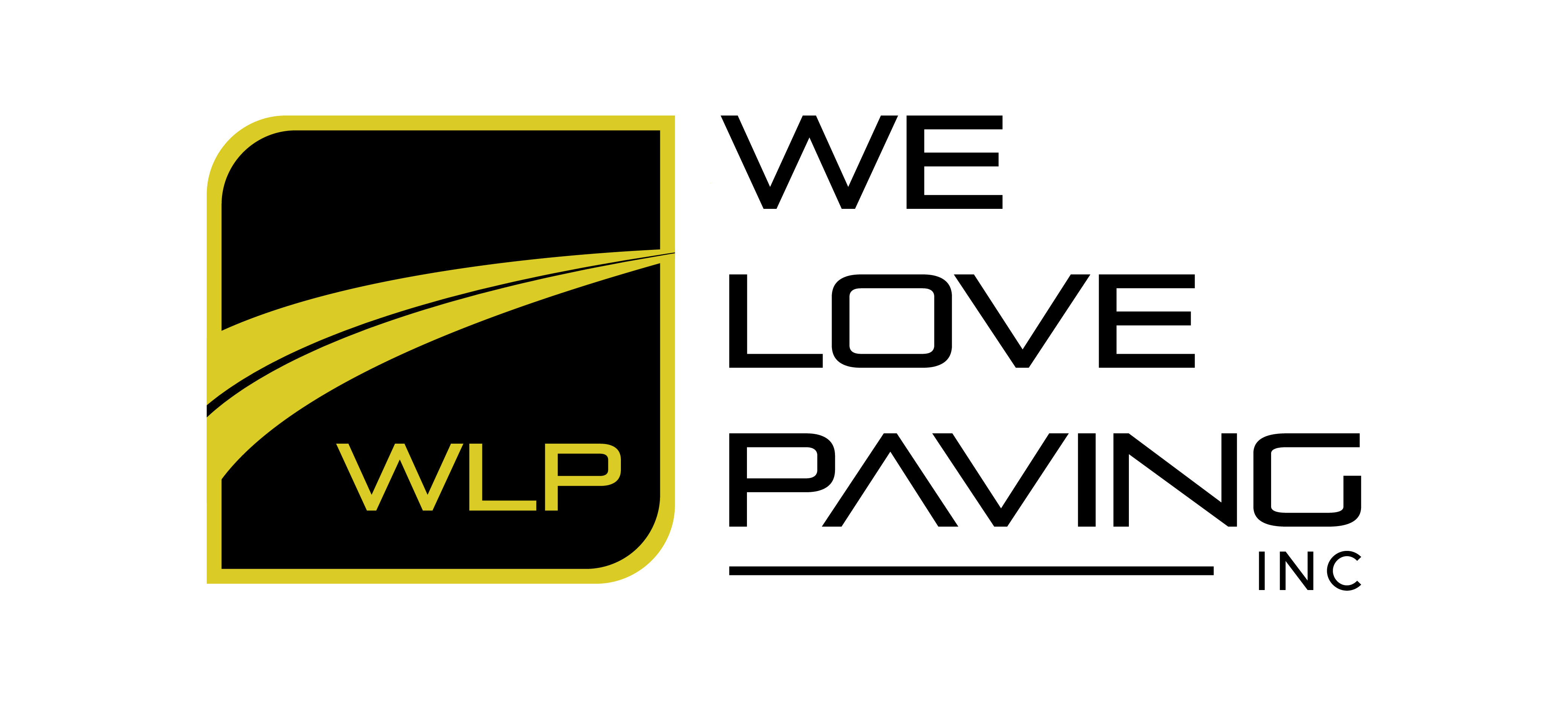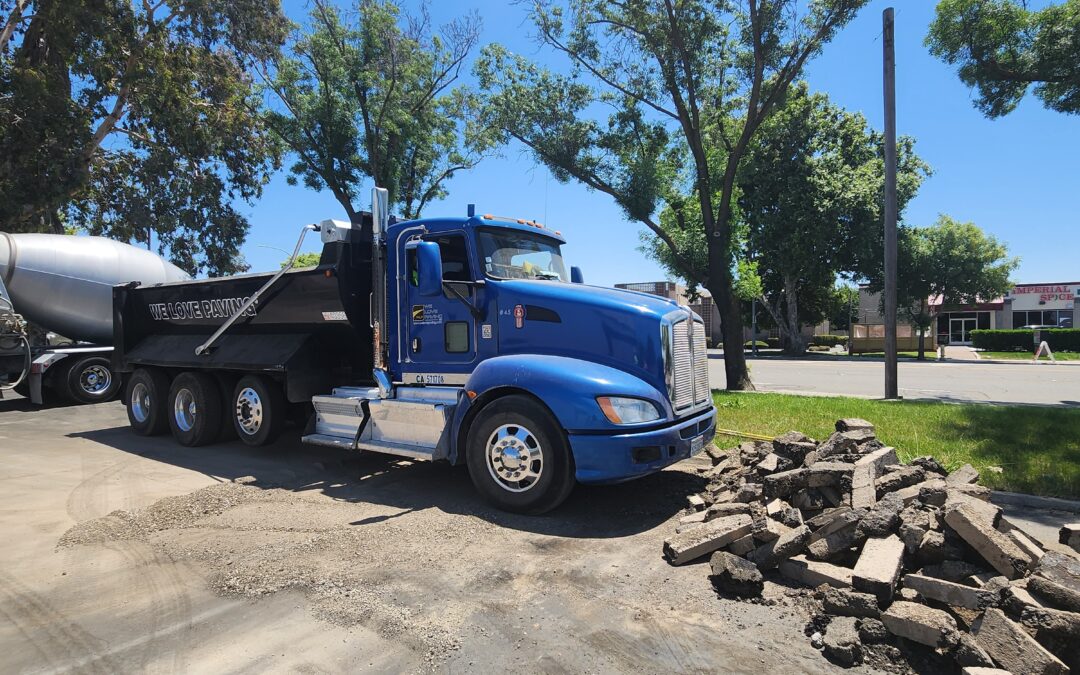A COMPREHENSIVE GUIDE FOR HOMEOWNERS
Paving a driveway is a substantial undertaking for any homeowner. Beyond just enhancing curb appeal, it adds value and utility to the property. However, before diving into such a project, it’s crucial to grasp the diverse factors influencing the overall cost. This guide explores these elements, offering insights to empower homeowners to make informed decisions.
Size and Shape
The dimensions and configuration of the driveway are primary cost determinants. Larger driveways necessitate more materials, labor, and equipment, resulting in higher expenses. Additionally, irregular or intricate designs may require specialized paving techniques, further impacting costs.
Choice of Material
The paving material significantly influences cost. Options like asphalt, concrete, gravel, and pavers vary in price and attributes. Asphalt tends to be cost-effective, while concrete offers durability. Pavers offer aesthetic versatility but come at a higher price. Gravel driveways are economical but may not suit all climates.
Site Preparation
Proper site readiness is crucial for a stable, long-lasting driveway. Excavation, grading, and base compaction are essential steps affecting costs. Soil conditions and nearby structures can also influence the groundwork required.
Drainage
Effective drainage prevents water accumulation and potential damage. Installing drainage systems or adjusting slopes incurs additional expenses.
Location
Property location affects paving costs. Accessibility and distance from suppliers influence transportation expenses. Local regulations and permits may necessitate specific adjustments, impacting overall costs.
Labor and Equipment
Labor and equipment costs are significant components. Project complexity, labor requirements, and equipment availability all factor into expenses. Obtaining quotes from multiple reputable contractors helps homeowners find the best value.
Additional Features
Integrating features like decorative borders or lighting enhances functionality and aesthetics but adds to the total cost.
Long-Term Considerations
Assessing long-term costs is crucial. While some materials have higher initial costs, they may offer durability and cost-effectiveness over time.
Paving a driveway is an investment in property value and appearance. By understanding cost influencers, homeowners can make informed decisions aligning with their budgets. Thoughtful planning, material selection, and contractor evaluation are vital for achieving a durable, visually appealing driveway. Balancing cost and quality ensures a driveway that enhances property value and provides years of trouble-free use.

